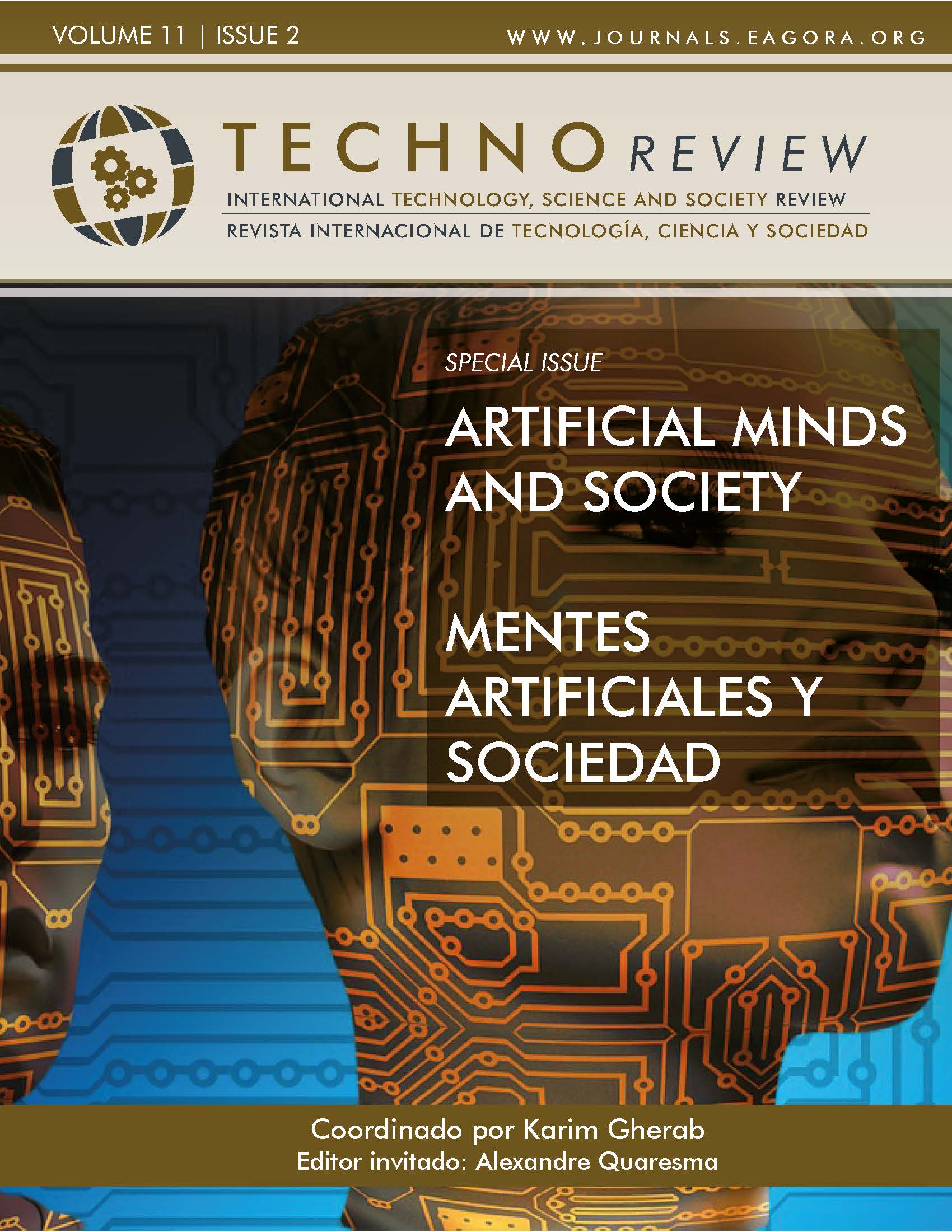Collaborative Online International Learning
Technology Applied to Education
DOI:
https://doi.org/10.37467/revtechno.v11.3466Keywords:
Internacionalization, Research, Education, Learning, CollaborationAbstract
As a strategy for internacionalization of the syllabus, COILs or Collaborative Online International Learnings have positioned themselves as an alternative for the promotion of intercultural competences, free of charge and without moving abroad. This article shares the experience of a COIL developed by teams of students from Colombia and Peru, based on a research idea in the field of education, describing the step-by-step process and analyzing its contribution to the teaching, learning and assessment process from the participants' perspectives.
References
Castellanos, J. y Niño, S. (2020). Aprendizaje colaborativo en línea, una aproximación empírica al discurso socioemocional de los estudiantes. Revista Electrónica de Investigación Educativa, 22, e20, 1-12. https://doi.org/10.24320/redie.2020.22.e20.2329
Ecos, A., Manrique, Z. y Huamán, J. (2020). Análisis de grupos de trabajo virtuales y su relación con el aprendizaje colaborativo de la matemática en estudiantes universitarios. Propósitos y Representaciones, 8(SPE3), 1-17. https://doi.org/10.20511/pyr2020.v8nSPE3.595
Garrote, D., Arenas, J. y Jiménez, S. (2018). Las TIC como herramientas para el desarrollo de la competencia intrcultural. EDMETIC, Revista de Educación Mediática y TIC, 7(2), 166-183. https://doi.org/10.21071/edmetic.10543
Goyanes, M. y Rodríguez, E. (2018). ¿Por qué publicamos? prevalencia, motivaciones y consecuencias de publicar o perecer. El Profesional de la Informacion, 27(3), 548. https://bit.ly/3SjYyHv
Lizcano, A., Barbosa, J. y Villamizar, J. (2019). Aprendizaje colaborativo con apoyo en TIC: concepto, metodología y recursos. Magis Revista, 12(24), 5-24. https://bit.ly/3xztBHo
Ortiz, J. (2021). La evaluación de la docencia en la educación superior. Problemas centrales y resultados desde la investigación. Klase editorial.
Published
Issue
Section
License
All articles are published under an Attribution-NoDerivatives 4.0 International (CC BY-ND 4.0) license. Authors retain copyright over their work.

